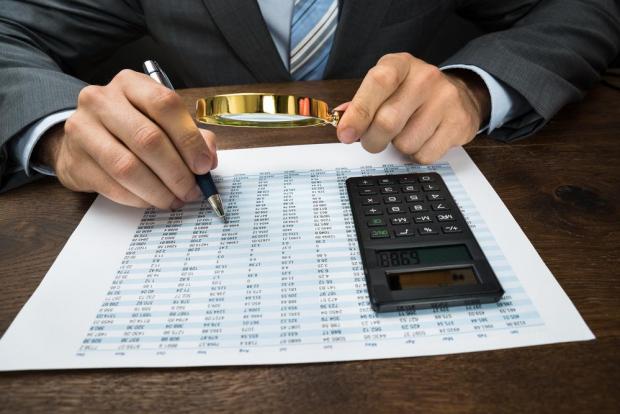Suspicious transactions go up 64pc

Banks and financial organisations sent a record number of suspicious transaction and activities reports to the Bangladesh Financial Intelligence Unit last fiscal year, in an indication of their commitment to fight money laundering.
In fiscal 2017-18, the BFIU received a total of 3,878 suspicious transaction reports (STR) and suspicious activity reports (SAR) from reporting agencies, up 64.50 percent year-on-year, according to the BFIU’s annual report, which was released last week.
This is a good sign that banks and other reporting agencies concerned had given more attention to the suspicious transaction and activities as part of their fight against money laundering and terrorist financing, bankers said.
The quality of STRs and SARs submitted by reporting agencies also improved, said Abu Hena Mohd Razee Hassan, chief of the intelligence unit.
The BFIU is responsible for analysing STR, SAR, cash transaction reports and information related to money laundering and terrorist financing received from reporting agencies and other sources.
Last fiscal year, BFIU disseminated a total of 677 STRs and SARs to different investigations and law enforcement agencies in contrast to 121 the previous year, according to the report.
The BFIU initially analyses and investigates the complaints submitted by reporting agencies.
If any anomaly is found, it forwards the reports to the Anti-Corruption Commission, Bangladesh Police and other government agencies for further investigation, Hassan said.
The BFIU sent the maximum of 609 STR and SARs for digital hundi and informal remittance to the government investigation agencies.
The investigation agencies have so far filed 27 cases with the courts after carrying out detailed investigations based on the reports disseminated by the BFIU.
Of the cases, 20 are under the Money Laundering Prevention Act 2012 and the rest under the Anti-terrorism Act, 2009.
The BFIU has unearthed some sensitive cases last year: it discovered that some unscrupulous individuals and entities laundered money through under-invoicing in the name of import.
Besides, it also discovered some yaba dealers involving in money laundering.
The reporting agencies -- banks, non-bank financial institutions, money changers and capital market intermediaries -- reported 5,422 suspicious transactions worth Tk 921.75 crore last year.
The number of reported suspicious transaction was 3,736 worth Tk 1,163 crore in fiscal 2016-17.
The global community always accept the rise in STRs and SARs positively as they think that this is an indication of the financial organisations’ compliance with corporate governance, said Hassan, also a former deputy governor of the central bank.
For instance, the US financial organisations make roughly 55,000 STRs and SARs per day, he said.
Banks have to face heavy penalty if they do not send the STRs and SARs on time, said Syed Mahbubur Rahman, chairman of the Association of Bankers’ Bangladesh, a platform of private banks’ chief executives.
The high number of reports indicates that banks and other reporting agencies are now more concerned about the money laundering and terrorist financing, said Rahman, also the chief executive of Dhaka Bank.
